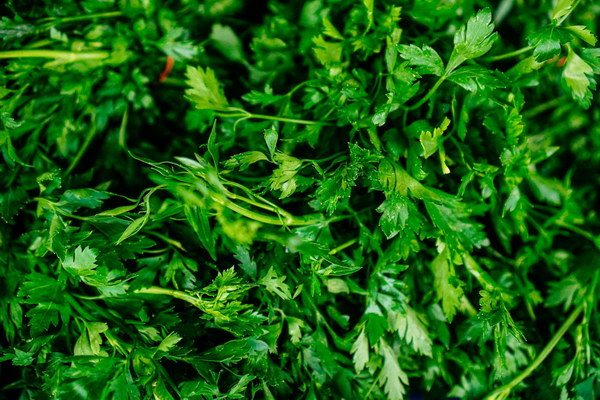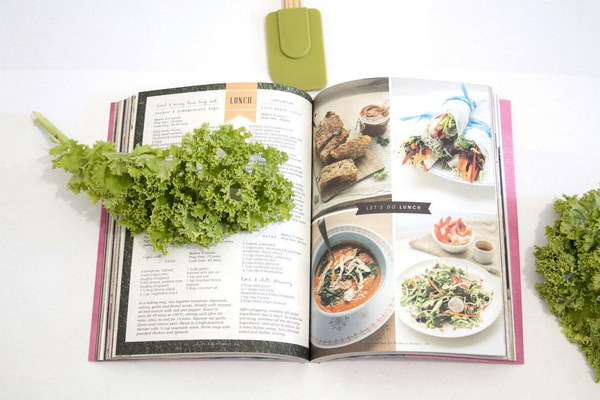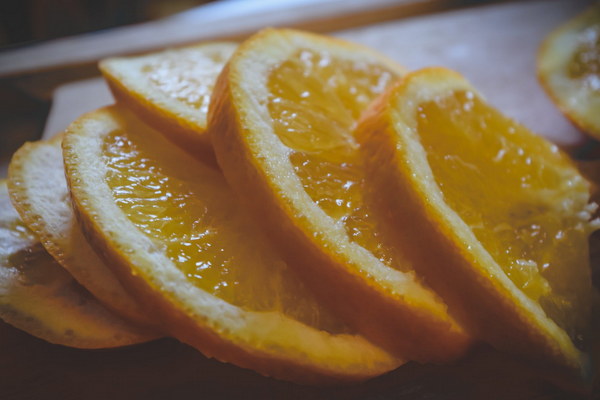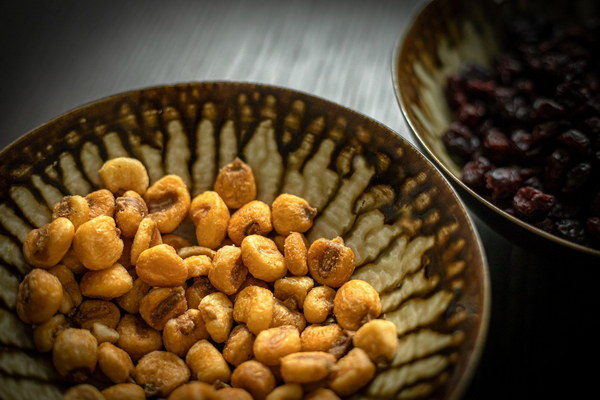Brewing Bliss Sip on Herbal Teas to Soothe Dry Coughs and Nourish Your Lungs
In the pursuit of wellness, few things are as comforting as a warm, soothing cup of herbal tea. For those suffering from dry coughs, seeking relief and nurturing your lungs has never been easier. Dive into the world of herbal teas, where nature's remedies meet the comfort of a steaming mug, and discover how these floral infusions can help clear your lungs and soothe your throat.
Dry coughs can be pesky, often stemming from respiratory irritations, allergies, or infections. To alleviate the discomfort and nourish your lungs, herbal teas offer a gentle yet effective solution. Let's explore some popular herbal teas that can help you achieve a healthier respiratory system.
1. Honey Lavender Tea
Combining the natural sweetness of honey with the calming properties of lavender, this tea is a dream come true for those with dry coughs. Lavender is well-known for its relaxing effects, which can help reduce anxiety and inflammation in the respiratory tract. Honey, on the other hand, possesses antibacterial properties that can fight off any underlying infections, making this tea a powerful duo for soothing coughs.
2. Peppermint Tea

Peppermint tea is a cooling and soothing drink that can help alleviate the irritation caused by a dry cough. The menthol in peppermint has natural decongestant properties, which can help clear out mucus and open up airways. Moreover, the antispasmodic qualities of peppermint can relax the smooth muscles in the throat, providing relief from coughing fits.
3. Thyme Tea
Thyme is a flavorful and potent herb that has been used for centuries to treat respiratory issues. Its antibacterial and antiviral properties can help fight off infections that may be causing your dry cough. Additionally, thyme contains expectorant properties, which can help break down mucus and promote its removal from the respiratory system.
4. Elderflower Tea
Elderflower tea is a delightful floral infusion that can help soothe your throat and reduce inflammation in the respiratory tract. Elderflower has been traditionally used to treat coughs and colds, and its diaphoretic properties can help reduce fever. Moreover, elderflower is rich in antioxidants, which can support your immune system and help you recover more quickly.
5. Licorice Root Tea
Licorice root tea is another herbal tea that can help alleviate dry coughs. It contains glycyrrhizin, a compound that has anti-inflammatory properties and can help reduce irritation in the throat. Additionally, licorice root can help increase the production of mucus, which can then be coughed up, leading to clearer airways.
To maximize the benefits of these herbal teas, follow these tips:
- Brew the Tea Properly: Use fresh, filtered water and a clean pot. Boil the water, then steep the tea leaves for 5-10 minutes to release the full flavor and properties of the herbs.
- Add Honey or Lemon: For an extra layer of comfort, add a spoonful of honey or a slice of lemon to your tea. These natural sweeteners can help soothe your throat and provide additional health benefits.
- Stay Hydrated: Drink plenty of water throughout the day to keep your respiratory system hydrated and support the healing process.
Remember that herbal teas are not a substitute for medical treatment. If your dry cough persists or worsens, consult with a healthcare professional. However, when used as a complementary therapy, herbal teas can be a delightful and effective way to clear your lungs and soothe your throat, bringing you one step closer to feeling better. So, sit back, sip your herbal tea, and let nature's remedies work their magic.









